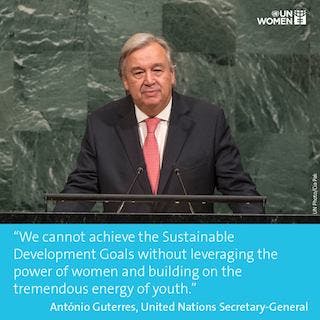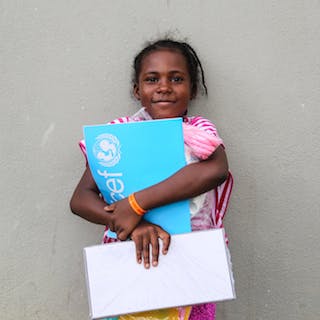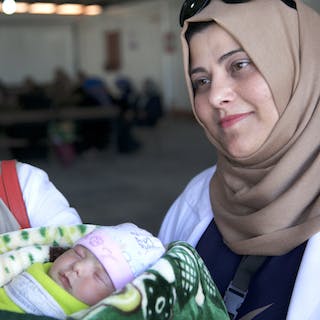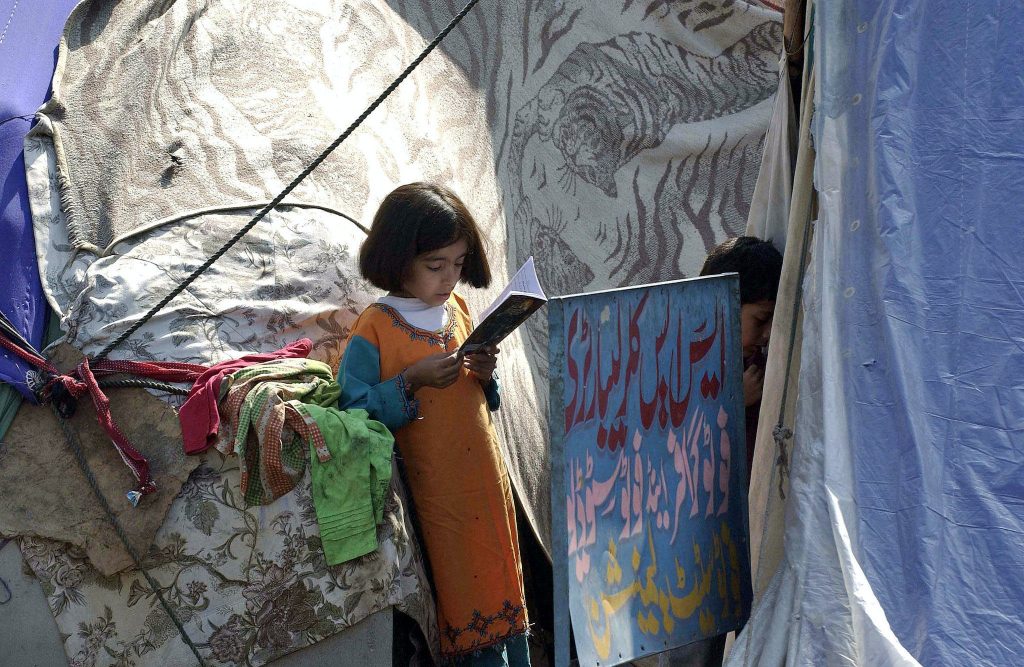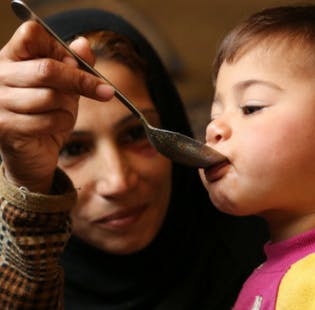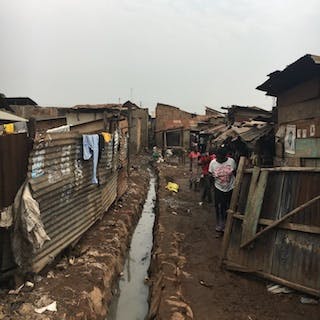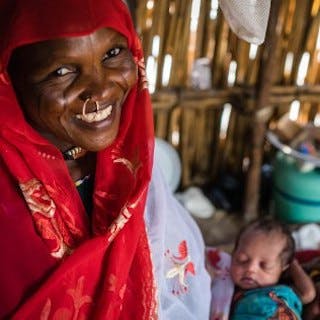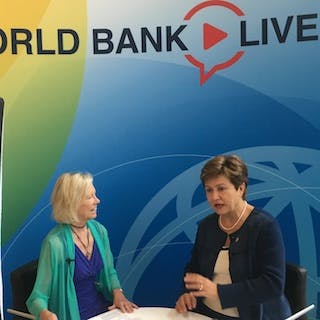Solidarity and Solutions for Girls and Women Everywhere
What do the United Nations Secretary-General, the First Lady of Namibia, the youngest Nobel Prize winner, the Prime Minister of Japan, an iconic philanthropist, and a NASA astronaut all have in common? At the 72nd United Nations General Assembly (UNGA) – across New York City and in meeting rooms, on campuses, and in hallways at the UN – they each championed their commitment to gender equality and girls and women’s rights and empowerment. It is tempting […]
Solidarity and Solutions for Girls and Women Everywhere Read More »

